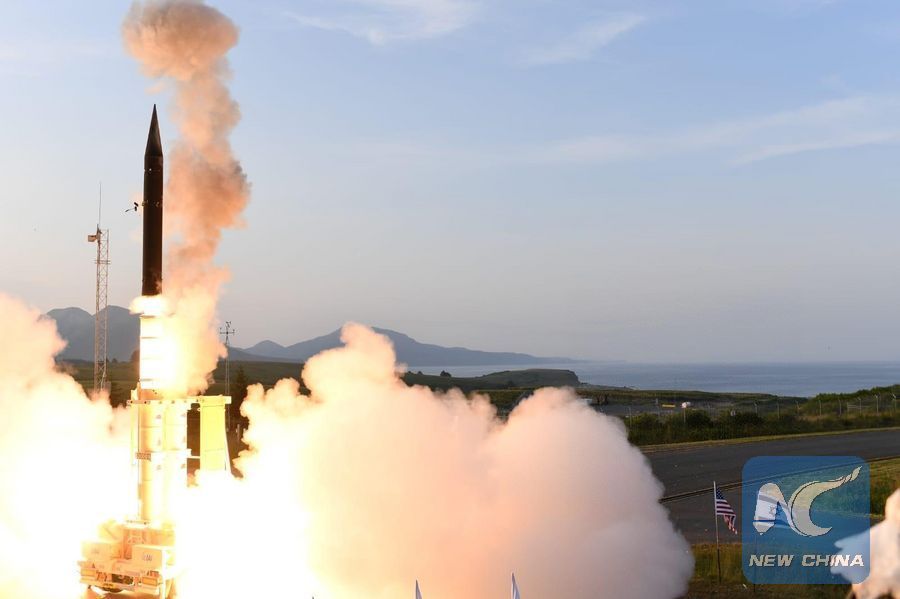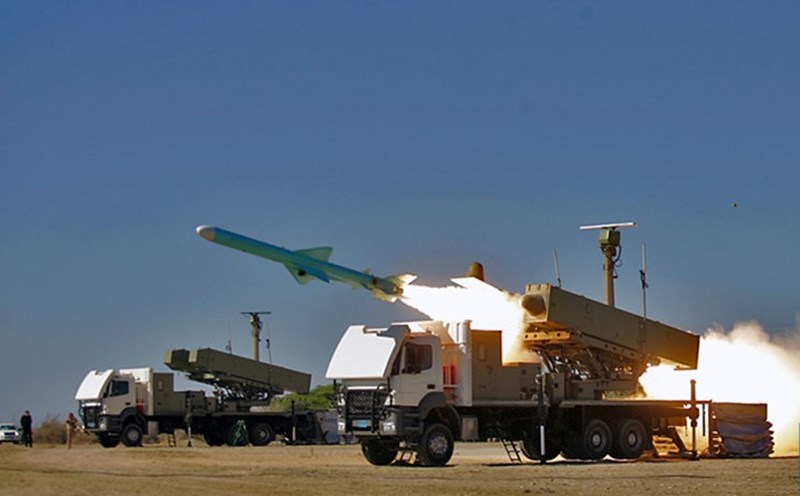As tensions between Iran and Israel reached the red threshold, the world once again asked: Who is stronger in a full-scale war?
Military: Iran is large, Israel is elite
According to data from the world military capability rating organization Global Firepower in 2024, Iran has up to 610,000 soldiers on active duty, along with 350,000 reserve soldiers.
Israel is more humble with 169,500 official soldiers, but has a large reserve force of up to 465,000 people, all of whom are trained in basic combat thanks to the all-people military service policy for both men and women.

Defense spending: Israel outperforms
The report by the International Institute for Peace Research (SIPRI) shows that Israel's defense budget in 2024 will reach 46.5 billion USD - the highest level since the 6-day war of 1967, Meanwhile, Iran will spend just $7.9 billion.
Israel is also the 6th largest arms importer in the Middle East and 15th in the world, mainly from the US (66%) and Germany (33%).
Air Force and missiles: Israel has absolute dominance
With 345 modern fighter jets and 43 attack helicopters, Israel has a superior advantage over Iran - a country that only owns 312 fighter jets, most of which are old models.
Regarding missiles, Israel owns types such as the Jericho-3, with a range of up to 6,500km, which can reach any target in the region. Meanwhile, Iran's most powerful missiles such as Sejjil and Khorramshahr only reach 2,000km.
missile defense system: Civil War characterizes Azarakhsh
Israel has deployed a multi-layered defense network, from iron Dome short-range missiles, David's Sling (middle range), to Arrow-3, allowing targets from tens to thousands of kilometers.
The system has proven effective in disabling most of the missiles launched by Iran in recent escalations.

Iran also owns many air defense systems such as the S-300, Bavar-373 or Khordad-15, but mainly serving domestic defense, not yet tested in real combat like in Israel.
Navy and tanks: Iran has an absolute dominance in quantity
Iran owns 10,513 tanks, 68 coastal warships, and 17 tactical Submarines. Meanwhile, Israel only has 400 tanks and 5 subs such as the Israeli Defense Forces, but in return, it has high quality and the ability to coordinate combat.
Nuclear weapons: Israel has, Iran has not
Israel currently owns about 90 nuclear warheads, according to the Arms Control Association. Meanwhile, Iran does not have nuclear weapons, although its nuclear program remains a controversial focus with the West and Israel.
Israel has a smaller but elite, modern force backed by the US. Iran has advantages in manpower, large-scale arsenal and large missile forces.
However, a combined war between these two countries is not only a military calculation - but also a geopolitical confrontation that makes the entire Middle East hold its breath waiting.











